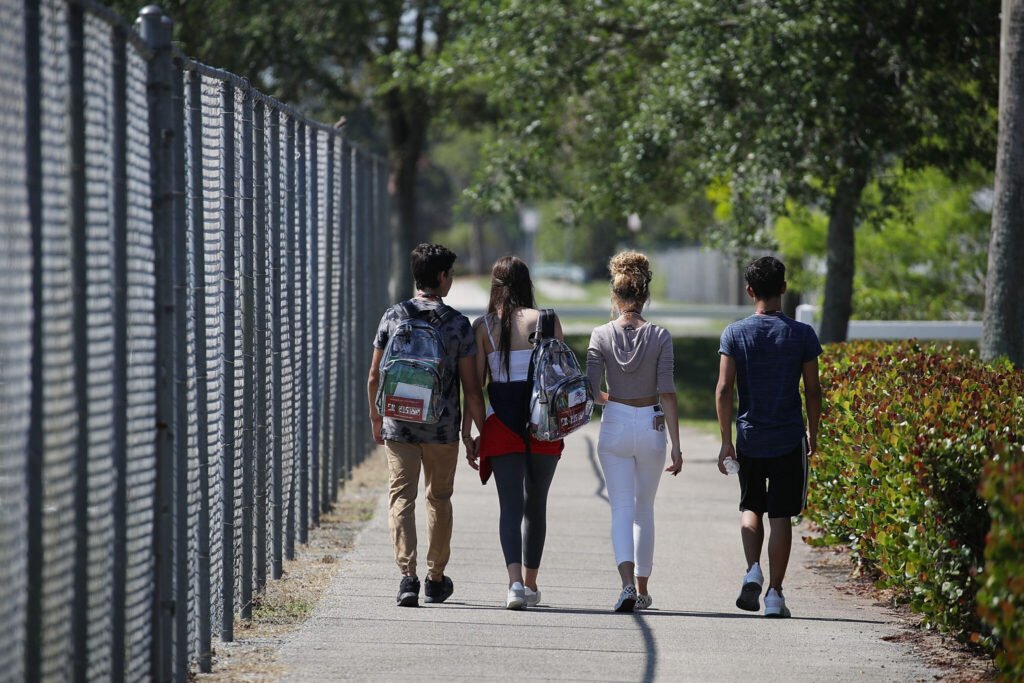New Initiative to Empower Alabama Citizens
State Assembly member Marilyn Lands from D-Huntsville has teamed up ahead of a legislative meeting set for 2026. This meeting will introduce a bill that aims to enable everyday citizens to initiate general laws and constitutional reforms.
The proposed legislation, known as House Bill 14 or the “Alabama We The People Act,” will establish a way for Alabama residents to propose new laws.
“This initiative gives Alabamians a way to tackle issues they care about most, without having to wait on the legislative process,” Lands shared with APR.
To kick off a proposal, at least 1,000 residents need to sign it, and there’s a $1,000 application fee that must be submitted to the Secretary of State. If the proposal moves forward, the fee will be refunded. Submissions have to be filed under the name of a qualified voter who will serve as the official agent responsible for the application. The Secretary of State will verify the petitioner’s name with the voter registration list.
The registered agents can request to be fully represented by the Alabama Law Institute within 90 days of their request, along with an official summary of the proposal. Once the Secretary of State has the complete proposal and summary, it will be made public on their website in time for the next regular legislative session—at least 90 days in advance.
This proposal will also be shared with lawmakers as legislative sessions start, giving them a chance to sponsor and advance it through the regular process.
If lawmakers don’t sponsor the proposal, citizens can still push for a referendum on the law. After the session, the registered agent can start gathering signatures for the final petition.
The final petition needs to be signed by eligible voters amounting to at least 7% of the total votes cast for governor in the previous general election. Additionally, each petition must collect a minimum number of signatures from each legislative district, comprising 1% of the votes cast for governor in that district during the last election.
If enough signatures are gathered, the proposal will be presented to both houses, similar to other laws but with two key differences: lawmakers can’t amend or alter the bill, and there’s no need for the governor’s approval. If lawmakers do not adopt it, the proposal will automatically be included on the ballot for the next general election, as facilitated by the Secretary of State.
The bill also outlines a similar process for new constitutional amendments.







